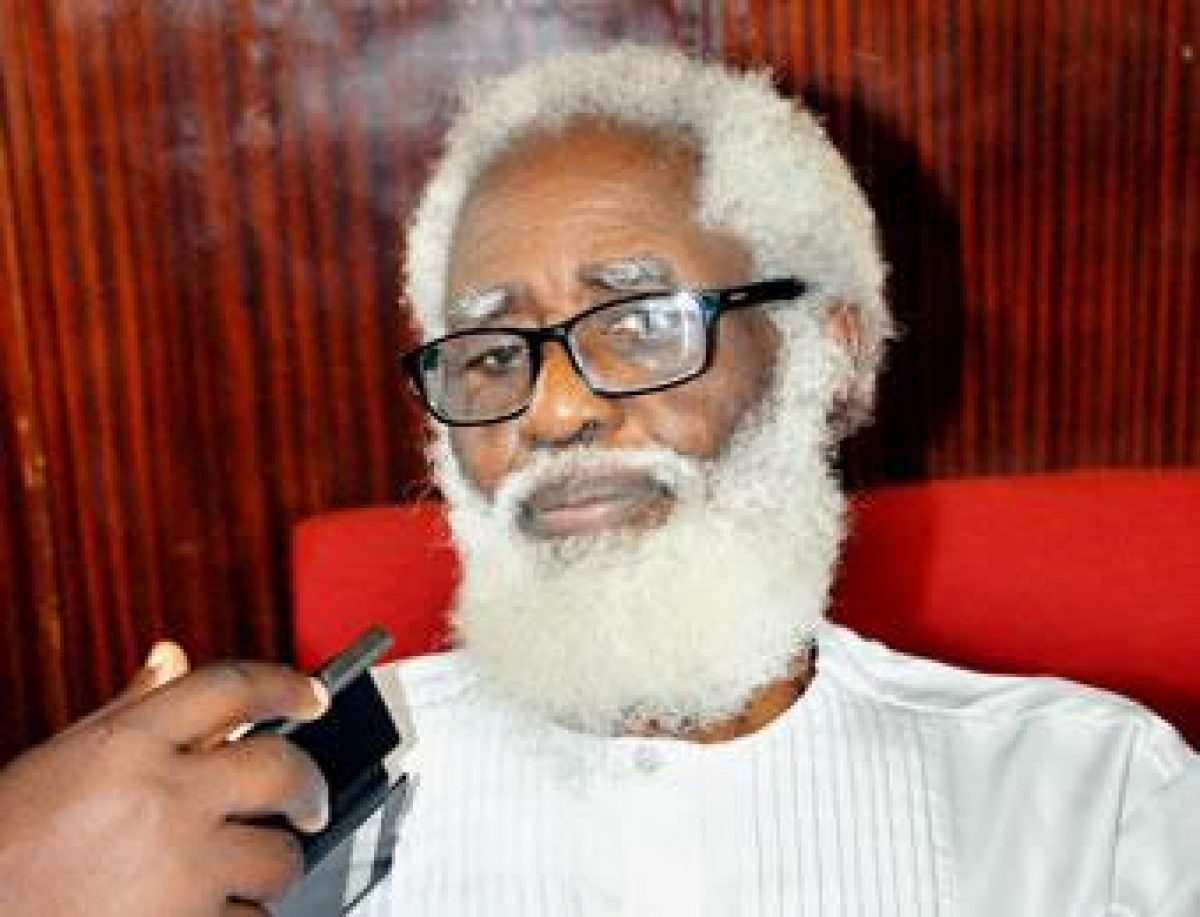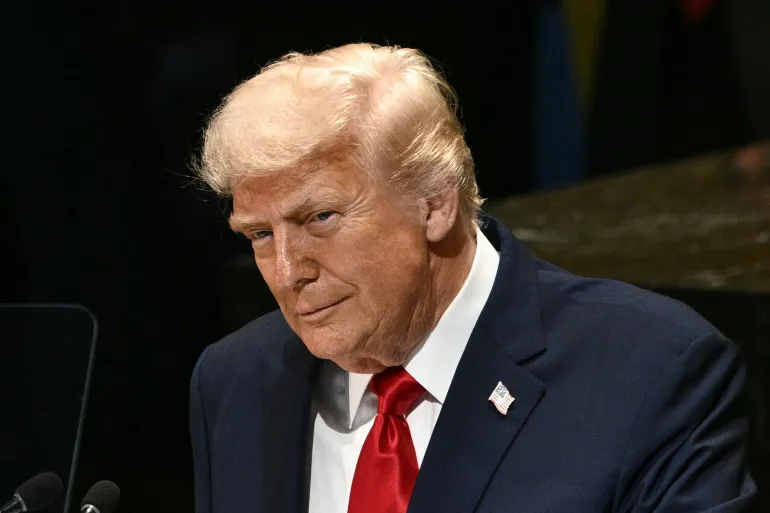
Nigeria’s former Ambassador to The Philippines, Dr. Yemi Farounbi, believes that the country is suffering the consequences of the ‘Emilokan’ ideology.
Farounbi added that Nigerians are now lamenting their decision to embrace the Emilokan ideology as they realize that hunger does not have tribal marks.
‘Emilokan,’ a Yoruba word meaning ‘it is my turn’ in English, was coined by President Bola Tinubu ahead of his campaign for the 2023 presidential election.
“If I say ‘emilokan’ or it is the turn of the Igbos or the northerners, there is nothing economical, ideological, or infrastructurally developmental in all of that. It speaks of entitlement. That is not the way to govern a country,” he said in a Tribune report.
When asked if he meant that Nigeria is suffering the consequences of the Emilokan ideology, Farounbi replied: “Of course, yes… because we did not ask questions. We were not allowed to ask questions, and there were no debates.
“That is part of the problem. Since 1999, when we started this republic, there has been no debate at the presidential level. Obasanjo didn’t debate Falae. Since then, there has been a pattern.
“It has deprived Nigerians of the opportunity to ask the important questions about what the candidates intend to do. Leadership is about three things: what you want to do for your country; where Nigeria is and where you plan to take us. Leadership is about competence. When you define where you are taking us, we ask: are you competent to do it?
“So, we look at the statistics. What have you done? What kind of training, exposure, or goodwill do you have? Then, thirdly, we assess your character. Are you reliable? Are you dependable? But we didn’t have that opportunity.
“I recall one of President Buhari’s billboards, where he said he would not go abroad for medical treatment. But we saw how many years he spent outside the country on medical tourism.
“When asked about it, he would say he didn’t know about the billboard. So, our presidents became products of advertising agencies rather than products of their own intellect. And that is what we are suffering from today.”
Farounbi lamented that it has been a long story of hope and failure, a long story of enthusiasm and frustration, and a long story of potentialities and challenges.
According to him, Nigeria once offered so much hope, but the country has been unable to fulfil its promises despite being seen as a beacon for development and growth among Black people and Africans.
“When Nigeria became independent, everyone believed that Nigeria would be the star, and perhaps the only star, in Africa’s firmament in terms of political stability, political maturity, and economic growth and development,” he said.
“But here we are – misplaced priorities, missed opportunities, and today, we are unhappy. We had always thought that, given Nigeria’s diversity and its inherent strength capable of being harnessed, Nigeria would challenge any nation in the world in terms of growth and development. But here we are.”
Indeed, poor Nigerians have been unable to breathe under President Tinubu, who assumed office in Abuja on May 29, 2023.
The first decision Tinubu took upon becoming president was to put an end to the fuel subsidy.
His administration also made a controversial decision by overhauling the foreign exchange system in a bid to strengthen the naira.
However, these economic reforms, instead of improving Nigeria, have only brought about untold hardship for the citizens, especially the poor.
Nigerians are barely managing to survive, as garri, which used to be the go-to food for the poor, is now a luxury for the rich.
The removal of the fuel subsidy, which led to an increase in transportation costs, has had a negative effect on the prices of foodstuffs.






